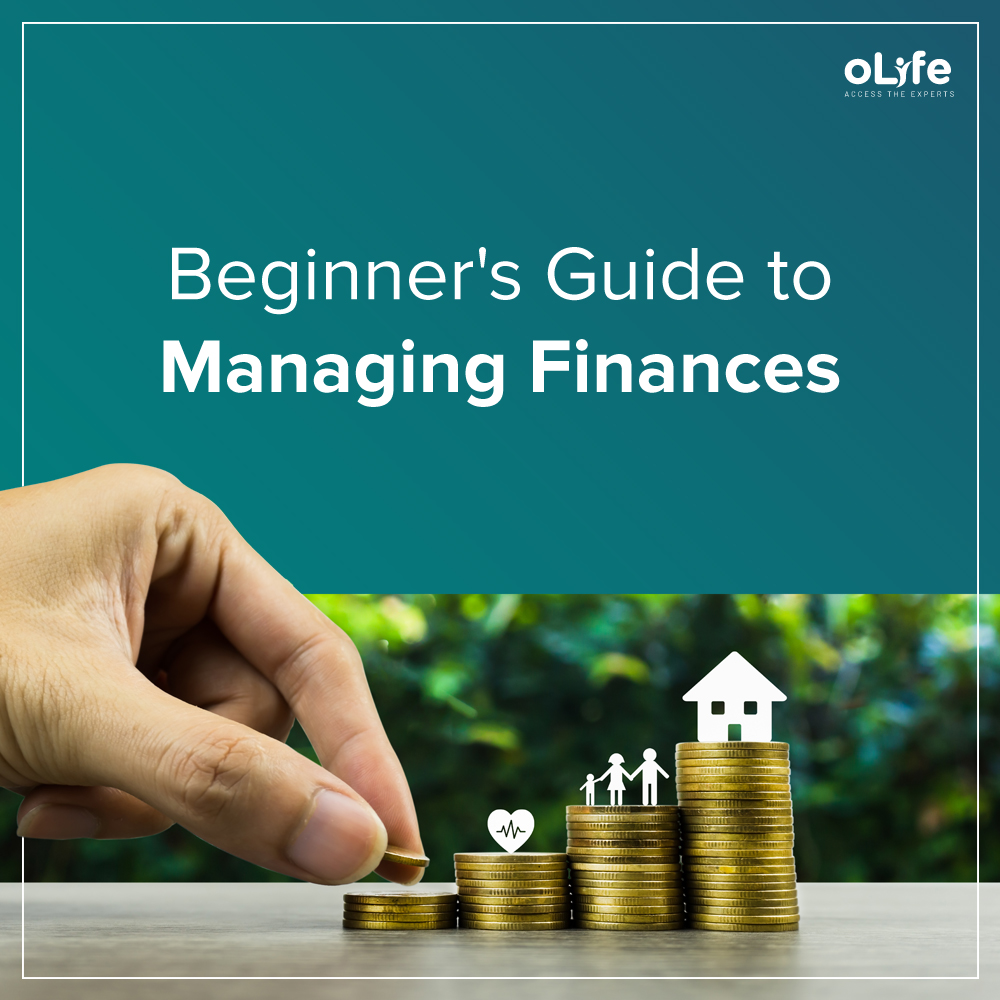Beginner's Guide to Managing Finances
Managing money wisely is crucial for everyone, regardless of their income or financial goals. By mastering personal finance and adopting smart money-saving practices, you can gain control over your finances and build a secure future. Let’s delve into the world of managing money and discover practical techniques to attain financial freedom.
Understanding the Importance of Managing Money
Money management forms the foundation of financial success. Without proper management, it’s easy to lose track of expenses, fall into debt, and miss opportunities to save and invest. Here are key aspects of understanding the importance of managing money:
The Role of Personal Finance in Your Life
Personal finance is managing your money, including budgeting, saving, investing, and planning for the future. It empowers you to make informed financial decisions, setting the stage for a brighter financial future.
The Benefits of Effective Money Management
When you manage your money effectively, you gain numerous benefits, such as:

Creating a Budget: Your Roadmap to Financial Success
Creating a budget is a fundamental step in managing your finances. It provides a clear overview of your income and expenses, enabling you to allocate funds wisely. Here’s how to create a budget that sets you on the path to financial success:
Assess Your Income and Expenses
Begin by analysing your monthly income from various sources. Then, track your expenses over a few months to understand your spending patterns. Categorise your expenses into essential (e.g., housing, food, utilities) and non-essential (e.g., entertainment, dining out) categories.
Set Financial Goals
Identify your short-term and long-term financial goals. Whether saving for a down payment, paying off debt, or building an emergency fund, clear goals will help guide your budgeting decisions.
Create a Realistic Budget
Create a budget that balances your income with your expenditures based on your income, expenses, and financial goals. Allocate funds for necessities, savings, debt payments, and discretionary spending.
Saving Money: Tips and Hacks for a Healthier Bank Account
Saving money is an essential aspect of managing your finances. It allows you to build an emergency fund, plan for major purchases, and secure your financial future. Saving money provides financial security, allows you to plan for the future, and provides a safety net during emergencies. It also enables you to invest and grow your wealth over time.
Consider the following money-saving tips and hacks:
Automate Your Savings
Set up an automatic monthly transfer from your checking account to a savings account. This way, you’ll consistently save without the temptation to spend the money.
Track and Reduce Your Expenses
Monitor your spending habits and identify areas where you can cut back. This could include reducing dining out, finding more affordable alternatives, or negotiating better service rates.
Use Coupons and Discounts
Take advantage of coupons, promo codes, and discounts when making purchases. Websites and apps offer many deals that can help you save significantly over time.

Debt Management: Breaking Free from the Chains
Debt can hinder your path to financial freedom. Managing and paying off debt is essential for achieving financial stability. Consider these strategies for effective debt management:
Assess Your Debt
Compile a list of all your debts, including credit card balances, loans, and outstanding bills. Note down the interest rates, minimum payments, and due dates for each.
Prioritise and Consolidate
Prioritise paying off high-interest debts first, as they cost you the most in the long run. Consider consolidating multiple debts into a single loan with a lower interest rate to simplify payments.
Create a Repayment Plan
Develop a repayment plan by allocating extra funds towards your debt. Consider the debt snowball or debt avalanche method to maximise your progress.
Investing for the Future: Building Wealth and Securing Your Financial Freedom
Investing is a crucial step toward achieving financial freedom. It allows your money to grow and work for you over time. Consider the following steps when venturing into investments:
Educate Yourself
Before investing, understand different investment options such as stocks, bonds, mutual funds, and real estate. Educate yourself on the associated risks and potential returns.
Set Investment Goals
Determine your investment goals based on risk tolerance, time horizon, and financial objectives. Short-term goals involve saving for a down payment, while long-term goals include retirement planning.
Diversify Your Portfolio
Spread your investments across different asset classes to reduce risk. Diversification lets you capitalise on different market conditions and protect your portfolio from significant losses.
Financial freedom means having the ability to live the life you desire without financial constraints. Here are steps to help you achieve this coveted state:
Define Your Vision of Financial Freedom
Envision what financial freedom means to you. It could be retiring early, travelling the world, or starting your own business. Having a clear vision fuels your motivation and guides your actions.
Set S.M.A.R.T. Goals
Create specific, measurable, attainable, relevant, and time-bound (S.M.A.R.T.) goals. Break them down into smaller milestones to celebrate your progress along the way.
Continuously Educate Yourself
Stay up to date with financial trends, news, and opportunities. Attend seminars, read books, and follow reputable financial experts to expand your knowledge and refine your strategies.
The time required to achieve financial freedom varies for each individual. It depends on your current financial situation, income, expenses, and savings rate. Patience and consistency are key.
Remember, managing money is an ongoing process that requires discipline, commitment, and continuous learning. Stay focused on your goals, adapt to changing circumstances, and enjoy the journey toward a brighter financial future.
It’s advisable to strike a balance between debt repayment and saving. Prioritise high-interest debts while simultaneously building an emergency fund to avoid falling back into debt.
If you’re overwhelmed by debt, seek professional help from credit counselling agencies or financial advisors. They can guide you through debt consolidation, negotiation, and repayment strategies. For convenient access to experts on financial advice, log on to oLife by oDoc to connect via virtual consultations from the comfort of your home.
Sources
5 Ways to Manage Your Personal Finances.” Harvard Business Review, https://hbr.org/2022/11/5-ways-to-manage-your-personal-finances
Beginner’s Guide to Managing Money – Tips and Tricks.” moneyview, https://moneyview.in/beginners-guide-managing-money
Managing your money.” MoneySense, https://www.moneysense.gov.sg/articles/2018/11/managing-your-money
Similar Articles...

Let’s talk flu, its prevention and home remedies.
Boo-ger season is here! Let’s begin by defining flu (short term for influenza) because it’s usually misunderstood as fever or cold. Flu is a common

Menopause Brain Fog is real: A Simple Guide with Symptoms and Treatment
Menopause Brain Fog is real: A Simple Guide with Symptoms and Treatment Women in their 40s and 50s who are just entering the end of

How to Keep Work Stress from Taking Over Your Life
How to Keep Work Stress from Taking Over Your Life In today’s fast-paced and competitive world, work stress has become an all-too-common problem that affects
